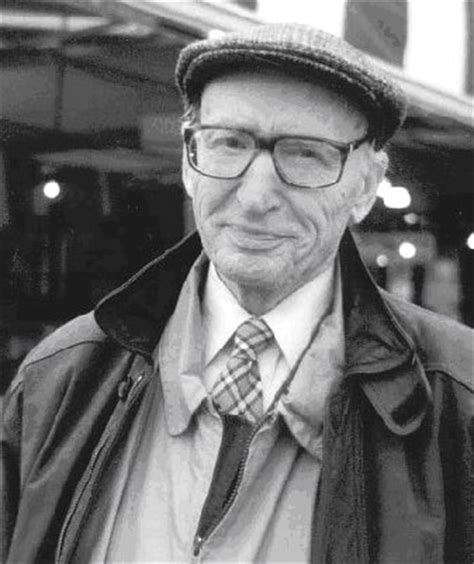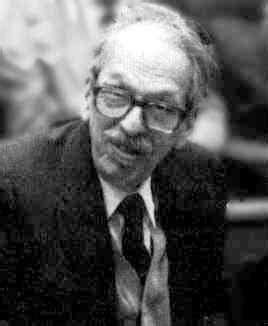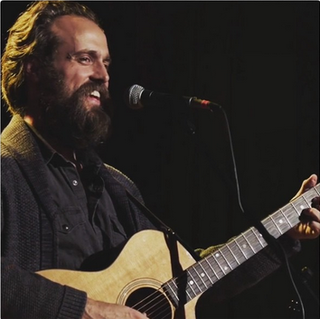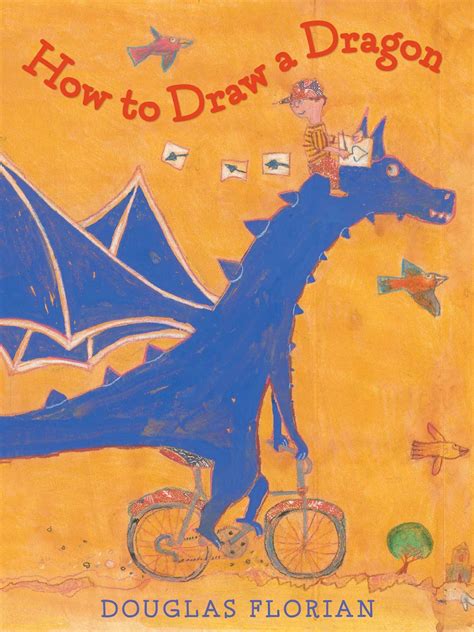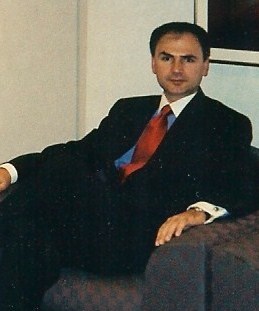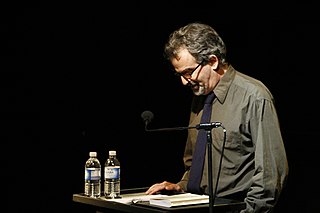A Quote by Louis Dudek
In a poem, the words happen; they just come. I let them. Otherwise, I wouldn't write. To interfere with what is happening is to distort the poem. Just a very small degree of intelligence and supervision is necessary. Very tactful. Any revision later that violates the text as it came, that begins rewriting the words, is fake.
Related Quotes
I never think of my audience when I write a poem. I try to write out of whatever is haunting me; in order for a poem to feel authentic, I have to feel I'm treading on very dangerous ground, which can mean that the resulting revelations may prove hurtful to other people. The time for thinking about that kind of guilt or any collective sense of responsibility, however, occurs much later in the creative process, after the poem is finished.
I'm still happy with the way Einstein's Dreams came out. That book came out of a single inspiration. I really felt like I was not creating the words, that I was hearing the words. That someone else was speaking the words to me and I was just writing them down. It was a very strange experience. That can happen with a short book. I don't think it could happen with a long book.
Do I start with the lyrics? No. Quite honestly, it's the opposite. I generally get the melody first - I kinda fiddle around on the guitar and work out a melody. The lyrics are there to flesh out the tone of the music. I've tried before to do things the other way around, but it never seems to work. Obviously, I spend a lot of time on my lyrics, I take them very seriously, but they're kinda secondary. Well, equal, maybe. I think sometimes that if you write a poem, it should remain as just a poem, just... words.
Lucky accidents seldom happen to writers who don't work. You will find that you may rewrite and rewrite a poem and it never seems quite right. Then a much better poem may come rather fast and you wonder why you bothered with all that work on the earlier poem. Actually, the hard work you do on one poem is put in on all poems. The hard work on the first poem is responsible for the sudden ease of the second. If you just sit around waiting for the easy ones, nothing will come. Get to work.
